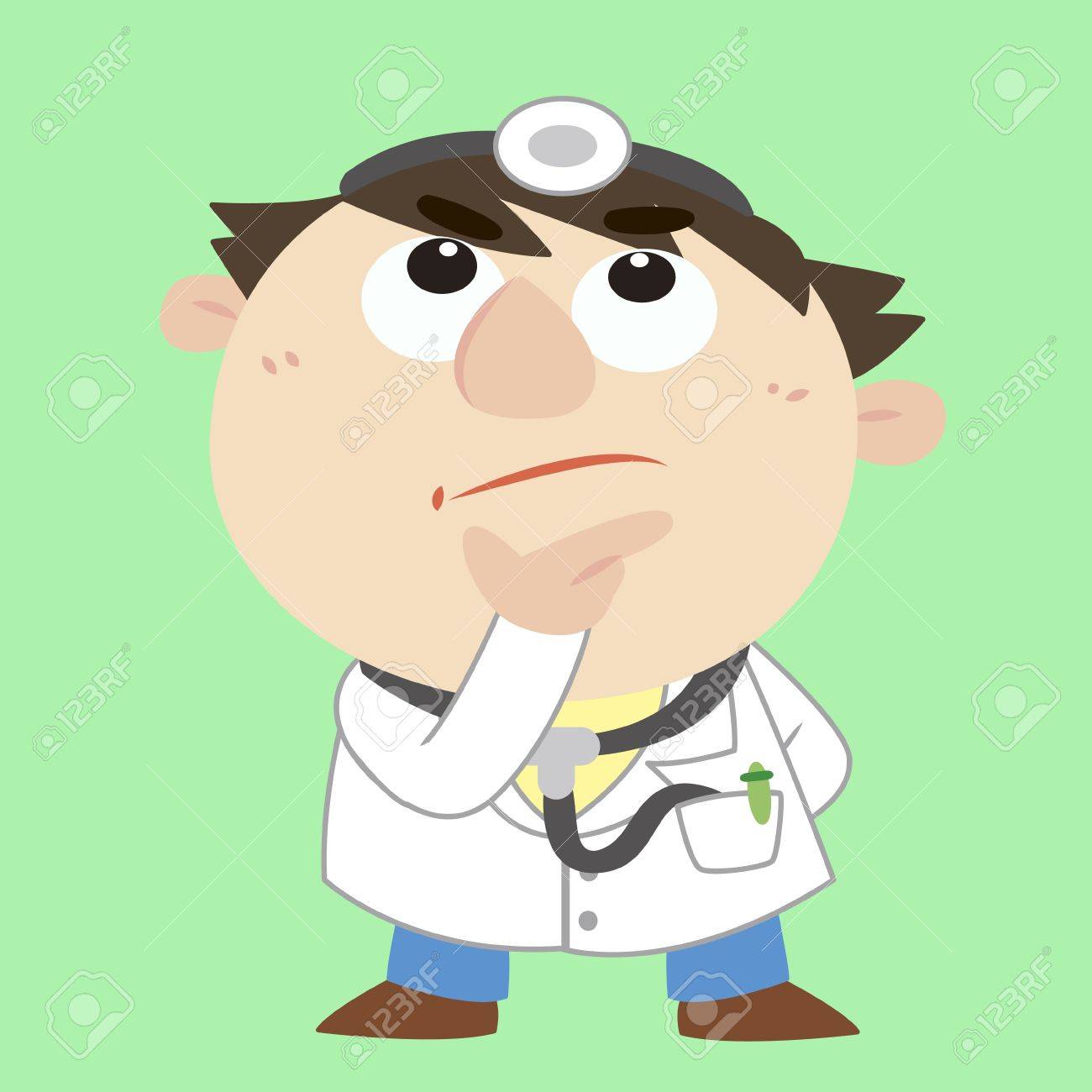I pursued my Bachelor’s degree in Physiology through the Lyman Briggs Concentrated Science program in East Lansing, MI with the intent of becoming a medical doctor. It wasn’t until later in my college career that I learned that my experiences and skill sets would best serve the community through a different mechanism.
My true calling became clear to me the moment I began working at an outpatient rehab clinic in Ingram, MI. As a rehab aide and a fitness for two years and shadowing various other settings my earnest development of practical experience began, and I felt right at home. I had patients in the clinic and clients in the gym. I worked with the injured and I worked with the deconditioned. As I followed folks through each stage of their recovery, I began to gather invaluable exposure to the physical, mental, and emotional processes involved with cessation and resumption of leisure activities. In other words, I learned how to help people feel better.
However, I also learned that the current systems in place are, to be blunt, insufficient.
Let me explain…
At present, if an individual gets hurt, they go see a physical therapist or an ortho specialist to diagnose a medical condition. The patient returns to the specialist if there isn’t a notable improvement in that person’s pain, motion, function, etc. This system would work fine if these individuals had a sound understanding of the human physiology, anatomy, kinesiology, nutrition, etc...but the reality is that the vast majority of individuals in society don’t. In fact, Western diets and treatment modalities tend to weigh heavier on the reactive-side of the spectrum.
It hardly seemed to be an effective way to improve people’s overall health. I began asking myself, why are we chasing symptoms and not attacking the source? The number one risk factor for future injury is previous history of injury, yet, physical therapy itself is solely for the injured. If we can reduce this risk factor through systematic corrective exercise programming why wouldn’t we do that?
I felt patients needed something more; they needed something different. Perhaps someone to advocate for them, to counsel them, and to support them as they make these lifestyle changes. They needed a coach that could provide them both guidance and support.
Dr. Joseph P Derkits, PT, DPT
Midwestern University- Doctor of Physical Therapy ’17
Michigan State University- Bachelor’s in Physiology ’12
Certified Orthopedic Clinical Specialist (OCS)
Certified Manual Trigger Point/ Dry Needling Therapist (CMTPT)
Certified Functional Movement Screens (FMS) and Functional Movement Assessments (SFMA)
Certified Precision Nutrition Coach (PN)

